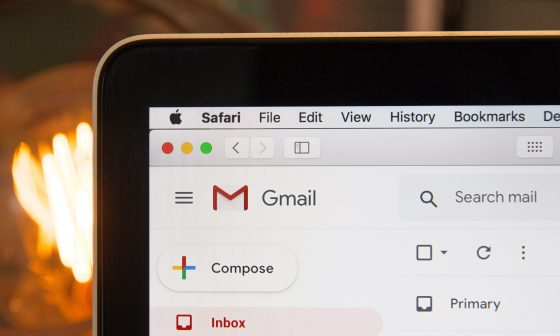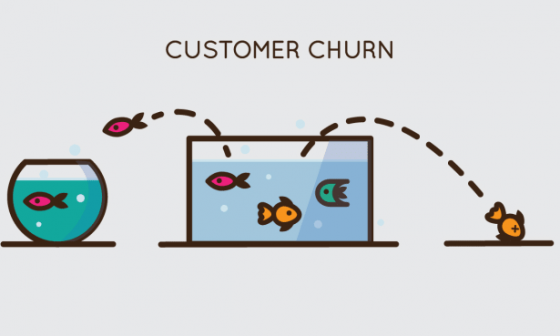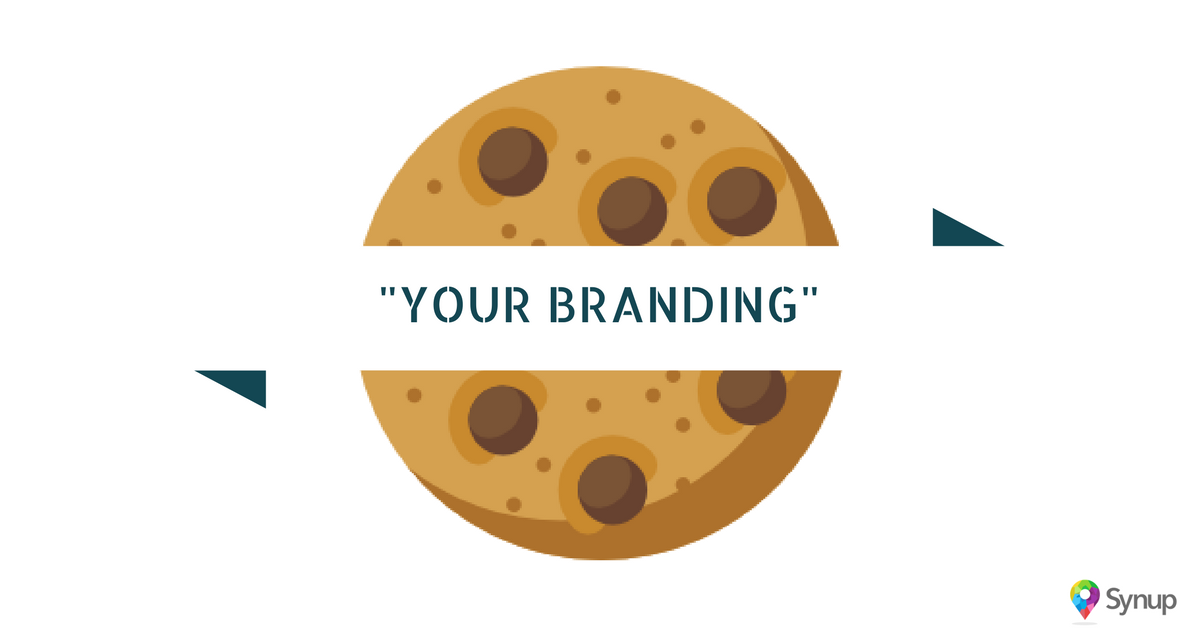There’s a lot of buzz around AI in marketing, and it’s easy to brush some of it off as hype. But if you’re running a marketing agency in 2025, you simply can’t afford to ignore certain AI trends. These aren’t gimmicks or passing fads. These are practical, performance-driving shifts backed by real data, use cases, and outcomes that are reshaping how agencies operate and deliver value.
In this article, we’re diving deep into the AI marketing trends that deserve your attention. We’’ll unpack trends that directly impact how you acquire clients, retain them, and scale your operations.
Let’s get into it.
1. AI-Powered Personalization
This isn’t just about addressing someone by their first name in an email. AI-powered personalization is about delivering the right content, to the right person, at the right time. And it’s working.
According to CharbelKhouri.com, companies that nail personalization see up to 40% higher revenue than those that don’t. Another stat from WebEngage shows that 91% of consumers are more likely to shop with brands that deliver relevant offers and recommendations.
So what does this mean for your agency?
If you’re managing campaigns for multiple clients, AI can help you segment audiences automatically, predict their behavior based on previous engagement, and tailor messaging in a way that drives conversions. You’re saving hours of manual work and increasing effectiveness at the same time. That’s not optional anymore. That’s a competitive edge.
2. AI-Driven Content Creation is Redefining Workflow
Everyone’s talking about generative AI, and for good reason. Tools like Jasper, Writer, and ChatGPT are being used by top marketing teams to cut down content creation time by up to 70% (Market Maven Pro). And it’s not just blog posts. These tools are helping with:
- Email sequences
- Social media captions
- Ad copy
- Scripts for video and podcasts
Plus, they’re now getting better at matching tone, maintaining context, and even understanding industry-specific jargon.
AI isn’t replacing your creative team, but it’s allowing them to produce more, faster, and with fewer bottlenecks. And with AI tools being adopted by over 85% of marketers in 2025 (Market Maven Pro), if you’re not already leveraging them, you’re a step behind.
3. Chatbots and Virtual Assistants That Actually Work
Not the clunky bots of the past. AI chatbots have gotten smarter, and they’re helping agencies cut costs and improve customer satisfaction all at once.
Blue Lupin reports that businesses using modern AI chatbots have seen a 70% drop in query requests that need human attention. That means your team can focus on the conversations that actually matter.
Not to mention, SEO Sandwitch reports that AI-driven chat systems can reduce operational costs by 30%.
For agencies, this applies internally and externally. You can implement chatbots on your client dashboards, automate onboarding questions, and even integrate them into marketing funnels to qualify leads 24/7. They don’t take coffee breaks, and they don’t need sleep.
4. Predictive Analytics for Smarter Campaign Planning
You’ve got more data than ever. But data is useless if you can’t act on it in real time. Predictive analytics is AI’s way of turning past behavior into future action.
If you’re using AI tools that understand what your customer did before, you can forecast what they’re likely to do next. That means:
- You can plan content calendars around when engagement typically spikes.
- You can allocate ad budgets dynamically based on projected conversion windows.
- You can send offers when they’re most likely to convert.
Market Maven Pro mentions a 33% increase in campaign success rates for companies leveraging predictive analytics.
This gives your agency a huge edge, especially when pitching clients on performance-driven marketing.
5. AI for Voice Search Optimization
Voice search is becoming more than a convenience – it’s a core part of how people interact with content. By 2025, over 50% of online searches are expected to happen via voice (WebEngage).
For agencies, this means rethinking SEO. AI can help you optimize content for long-tail, conversational queries. You can use AI to:
- Identify voice search trends in your niche
- Optimize FAQ sections
- Build local SEO strategies that cater to voice commands
If your clients are in service industries or brick-and-mortar businesses, this becomes even more important.
6. Programmatic Advertising with AI
AI isn’t just helping write copy or schedule posts. It’s now optimizing ad spend in real time. Programmatic advertising uses AI to automate the buying of ads so they’re shown to the right people, at the right time, for the best price.
Tools like Google Performance Max and Meta’s Advantage+ are prime examples. They allow AI to take the reins based on performance data, not just targeting rules.
With higher ROI and lower CPA being reported across the board, this trend is something you need to be pitching to clients and integrating into your strategy.
7. Ethical AI and Data Privacy Are Not Optional
You can’t have a conversation about AI without touching on privacy. Consumers are more aware than ever about how their data is being used. Agencies need to lead with transparency and ethics.
According to Market Maven Pro, 43% of consumers are concerned about AI-driven bias and privacy issues.
This means:
- Don’t just use AI blindly. Understand how your tools work.
- Make your data practices visible to clients and end users.
- Opt for platforms that are GDPR and CCPA compliant by design.
“Ethical AI practices will become a unique selling point, as consumers demand transparency in how AI decisions are made and data is used. Voice and visual search optimization will dominate, allowing brands to excel in emerging channels like voice assistants and AR/VR. Real-time content localization powered by generative AI will instantly adapt marketing materials to local languages, cultures, and trends, ensuring authentic global engagement. Emotional analytics will go beyond traditional metrics, analyzing facial expressions and voice tones to gauge campaign effectiveness and enable real-time adjustments.
Additionally, AI will identify and nurture niche micro-communities by analyzing behavioral patterns, enabling hyper-targeted campaigns that resonate deeply with specific audience segments. These trends will empower agencies to create personalized, emotionally impactful, and culturally relevant campaigns, giving them a competitive edge in 2025.” says Abhishek Shah, founder of Testlify. Testlify is now helping companies in 50+ countries make hiring more efficient.
So, Building trust now is going to be a differentiator in the long run.
8. AI-Driven Community Engagement
AI-driven community engagement is a smart way to improve your visibility, build trust, and actually connect with people who care about what you offer. When you tap into niche spaces where your audience already hangs out, you’re not just marketing, you’re showing up in a way that feels real and helpful.
Justin Herring, Founder & CEO of YEAH! Local says, “At YEAH! Local, we’ve seen firsthand how AI-powered community engagement can make a real impact on local SEO. One of our go-to strategies is diving into niche subreddits; not to sell, but to contribute. We use AI to monitor discussions, spot opportunities, and join conversations in a way that feels natural and helpful. It’s a powerful way to build trust, bring in high-quality traffic, and improve organic rankings.”
By consistently engaging in the right communities, we position ourselves as a trusted resource.
9. Gamify
Gamification isn’t just for apps and games. When done right, it transforms how customers interact with brands by making those interactions feel fun, rewarding, and meaningful. At PlayAbly.AI, we use advanced AI to personalize gamified experiences that not only boost engagement but also drive long-term customer retention.
John Cheng, Founder & CEO of PlayAbly.AI says, “When customers feel like they’re part of something interactive and tailored to them, loyalty isn’t forced – it happens naturally.”
In a world flooded with generic content, making your customer experience feel personal and rewarding is what truly sets you apart, and gamifying your content does just that.
Wrapping It Up
The bottom line is this: AI is here, and it’s not slowing down. For agencies, that’s not a threat. It’s a massive opportunity.
The agencies that will win in 2025 are the ones that treat AI as a core part of their operations. It’s not about replacing your team or automating everything. It’s about scaling what already works, getting sharper insights faster, and delivering more value to your clients without burning out your team.
Whether it’s personalization, content creation, customer support, or campaign planning, if you’re not baking AI into your services and strategy, you’re falling behind.
So now the question is – how are you going to use it?
AI Marketing Trends Agencies Can’t Ignore in 2025: FAQs
What is the future of AI in marketing 2025?
AI in 2025 will focus on hyper-personalized customer experiences, real-time content adaptation, and emotionally intelligent campaigns. It’ll help brands connect more meaningfully while automating smarter and faster than ever.
What is the AI agent trend in 2025?
AI agents are becoming more autonomous and human-like, handling everything from customer support to sales with natural conversation and behavior. These agents will act as 24/7 brand reps, tailored to each user.
What are the marketing trends for 2025?
Key trends include voice and visual search optimization, ethical AI use, predictive storytelling, and personalized gamification. Agencies will prioritize authentic engagement and culturally adaptive content.
What will AI be like in 2025?
AI will be more intuitive, emotionally aware, and context-sensitive. It won’t just analyze data, it will understand intent, adapt in real time, and play a bigger role in creative decision-making.


